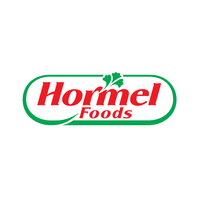

Hormel Foods Corp
NYSE:HRL

Intrinsic Value
The intrinsic value of one
 HRL
stock under the Base Case scenario is
27.224
USD.
Compared to the current market price of 24.855 USD,
Hormel Foods Corp
is
Undervalued by 9%.
HRL
stock under the Base Case scenario is
27.224
USD.
Compared to the current market price of 24.855 USD,
Hormel Foods Corp
is
Undervalued by 9%.

Let our AI compare Alpha Spread’s intrinsic value with external valuations from Simply Wall St, GuruFocus, ValueInvesting.io, Seeking Alpha, and others.
Let our AI break down the key assumptions behind the intrinsic value calculation for Hormel Foods Corp.
Fundamental Analysis
Revenue & Expenses Breakdown
Hormel Foods Corp

Earnings Waterfall
Hormel Foods Corp

The intrinsic value of one
 HRL
stock under the Base Case scenario is
27.224
USD.
HRL
stock under the Base Case scenario is
27.224
USD.
Compared to the current market price of 24.855 USD,
 Hormel Foods Corp
is
Undervalued by 9%.
Hormel Foods Corp
is
Undervalued by 9%.

